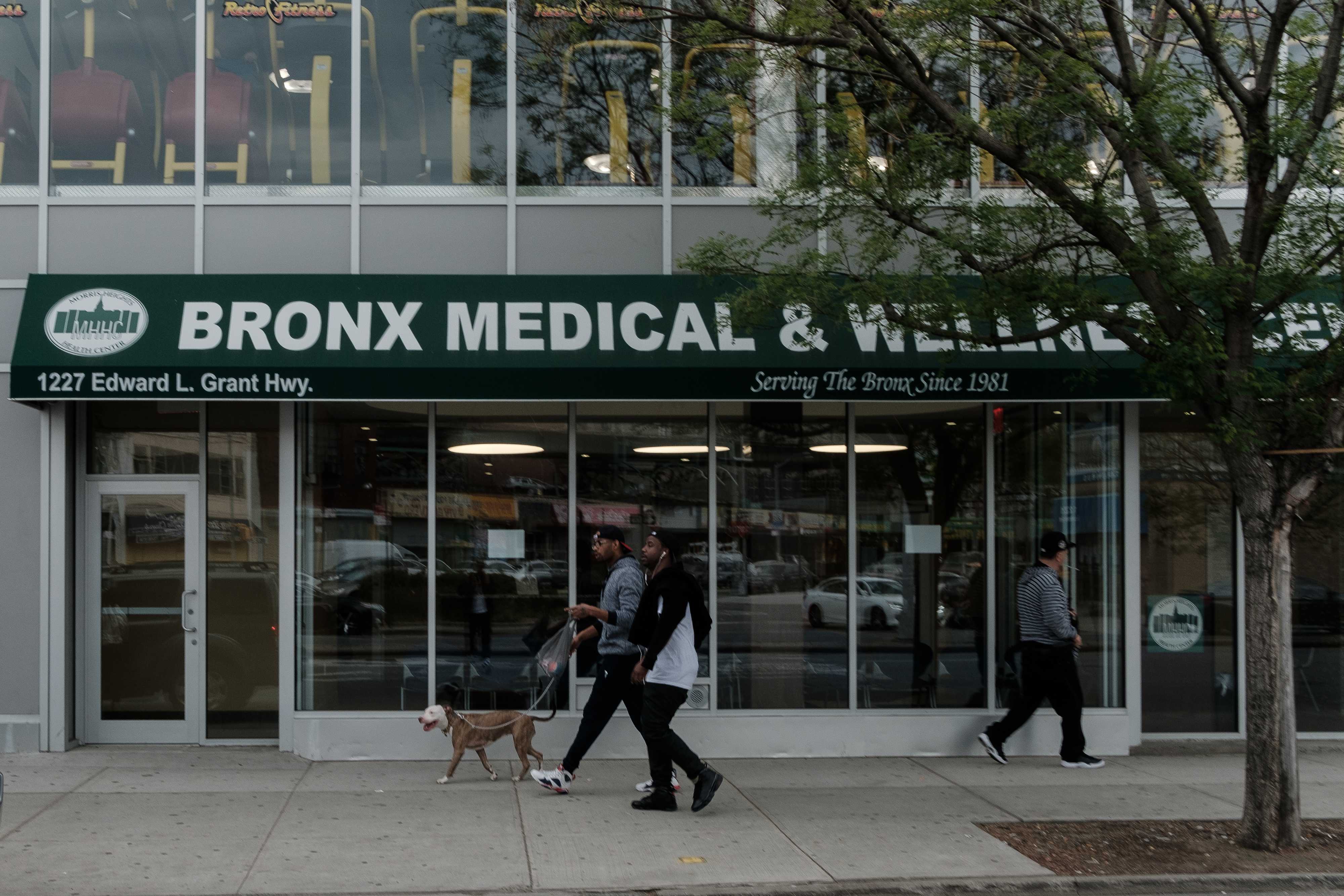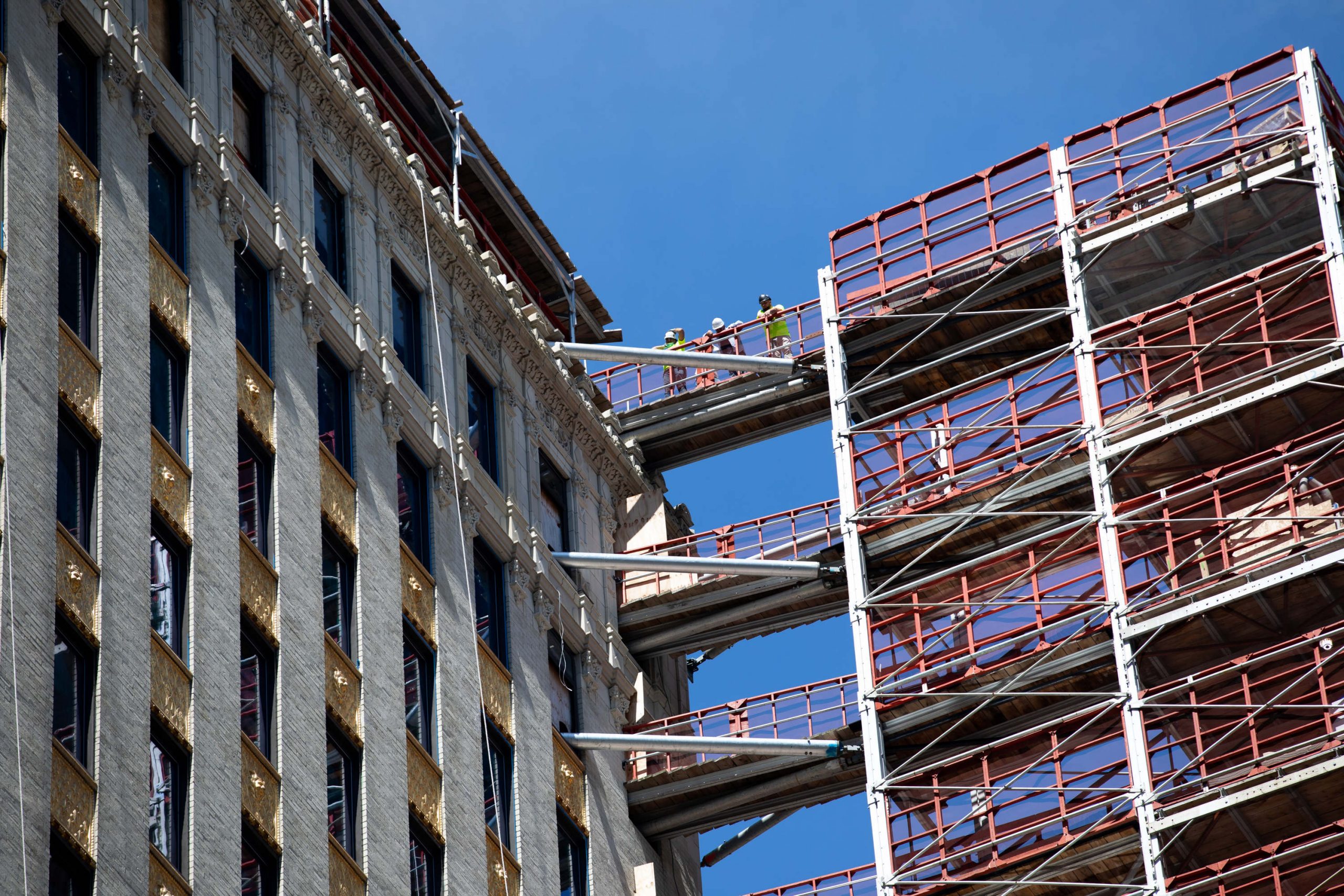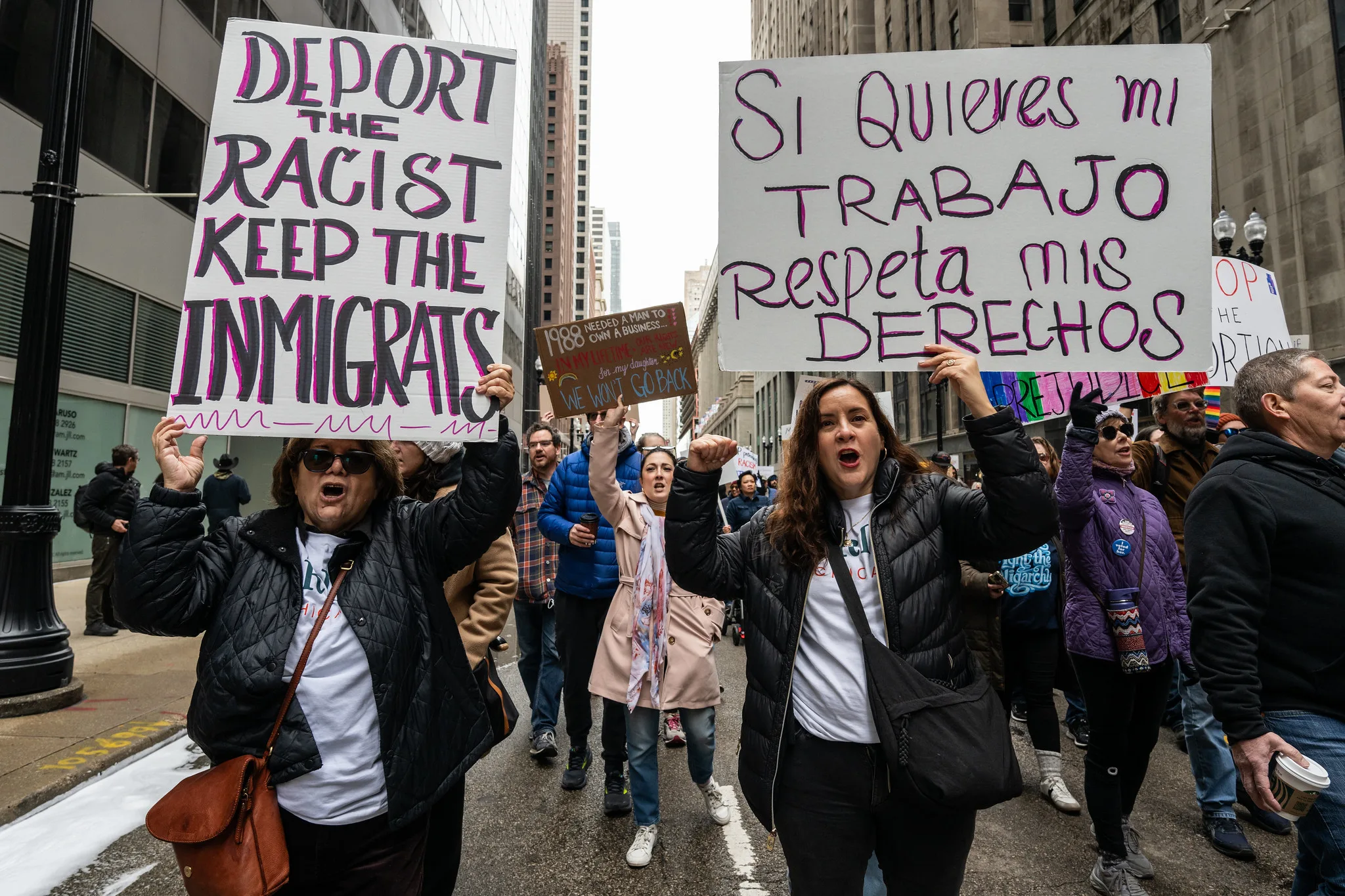Unlike some of the more straightforward threats to New York City’s immigrant populations, the so-called “public charge” rule is so nebulous and loaded with procedure that it’s creating fear and confusion among those who may not even be affected.
A potential update of the rule, which links immigrant status to use of federal benefits, has been published in the Federal Register and is receiving public comments, after which it may be put into effect, modified, or scrapped altogether. But immigrants throughout the five boroughs are already fearful that receiving Medicaid, housing aid, or food assistance, among other benefits, will lead to rejected applications for visas and permanent residency. The federal government is proposing to give stricter scrutiny to immigrants who access public benefits when considering changes in their legal status.
Officials throughout municipal government have strived to roll out a unified message, albeit one that is very limited in scope. Quarterbacked by the Mayor’s Office of Immigrant Affairs (MOIA), the message that nothing has changed—yet—is being coordinated through conference calls and huddles with immigration advocacy groups like the New York Immigration Coalition (NYIC) and disseminated to staffers at city agencies via webinar, seminar, and mass email.
Providers are hoping to dismiss misinformation that may have arisen from reliance on previous drafts of the rules or the Facebook rumor mill, and pointing applicants in the direction of legal advice. “Our open-door policy stands… the message then and still has been: this is only a proposal. Nothing has changed. We are urging patients to continue to get the care and the healthcare coverage that they need and that they’re eligible for,” said Chris Keeley, an official at the Office of Legal Affairs & Labor Relations at NYC Health + Hospitals, the city’s public hospital system.
In addition to encouraging immigrants to continue accessing federal benefits, the city is conducting campaigns encouraging people to submit public comments on the proposed rule changes, said Claudia Calhoon, the director of health policy for the NYIC. By law, the agency proposing the changes, Homeland Security’s U.S. Citizenship and Immigration Services, must read and review all comments prior to finalizing any new regulations.
The communications strategy is as much for the benefit of frontline city employees as it is for the immigrants they serve. “This is a complicated proposal and it’s a complicated scenario… We are developing mechanisms so that we can receive questions from our staff, our providers, social workers, financial counselors that do insurance enrollment,” said Keely of Health + Hospitals. On-site pro bono legal advisers at health facilities can advise both staff and applicants.
Staff at the Department of Social Services (DSS) — the city’s largest administrator of federal public benefits through the Human Resources Administration, which handles programs including SNAP food assistance and Medicaid — have been specifically instructed not to refuse enrollment for anyone based on immigration status and warned off of trying to provide advice.
“No city employees who are not in a position to do so should ever be giving an individual anything that could possibly be construed as legal advice, because that in and of itself is unlawful and dangerous,” said a DSS official who declined to be identified.
Tony Chiarito, the communications director for City Council immigration committee chair Carlos Menchaca, said that trainings making use of the same materials were being prepared for council and district staffers, to begin this week. “We are making sure the district offices know how to walk people through that process,” he said.
Affected or not affected
The city wants to hammer home two main points. First, any change in the rule is not retroactive, so regardless of any possible future effects, benefits usage now will not affect anyone. Further, any changes won’t affect refugees or people applying for certain crime victim-based visas and special statuses, or those applying for citizenship.
“The rules are complicated and nuanced, and not designed for lay people. Certainly even less so for people for whom English may not be the first language. So our concern is not strictly those who are are being targeted in this rule, but the broader patient population,” said Health + Hospitals spokesman Bob de Luna. Dr. Katz, the system’s CEO, has previously warned that immigrants’ fear about applying for health benefits could set off a public health crisis affecting all of New York as people pull back from getting treatment for communicable diseases.
“Our staff have been provided with the same message and clear guidance: that all New Yorkers have a right to seek and apply for services,” said DSS Commissioner Steven Banks in a statement to Documented.
For immigrants with further questions that frontline staff cannot answer, MOIA has prepared a sparse flyer, available in twelve languages, which reiterates that nothing has changed and advises them to call either the statewide New Americans hotline, which is operated by Catholic Charities, or the city-run ActionNYC hotline. Staff have also been instructed to tell immigrants with questions about public charge to call the hotlines.
ActionNYC, a project from the mayor’s office, helps people make appointments with partnered legal providers offering free consultations. The New Americans hotline has multilingual staff available to directly provide general information, as well as refer callers to legal providers for more detailed information. “A lot of people are calling because of confusion, and they don’t need to worry at this stage, because they have green cards,” said Raluca Oncioiu, the director of immigration legal services at Catholic Charities and head of the hotline.
She’s concerned about the uneven distribution of information among New York’s various immigrant groups. “I think we’ve gotten a lot of calls from the Spanish-speaking community, but I’m very apprehensive about other communities that may not have been alerted or, where there might be misinformation, because the Spanish-speaking media have been doing a lot on it, but other communities not so much,” said Oncioiu, adding that she had raised the subject with city officials.
Kinks to work out
Misinformation from other sources is still rampant. A cursory look at the Spanish-language Facebook comments on posts about the public charge rule from news sites, lawyers, and others reveals conflicting and incorrect information.
Even the institutions tasked with cutting through the fray can get it wrong. When a Documented reporter called the New Americans hotline last Friday and spoke in Spanish with a staffer, asking about the effects of using public benefits if the caller might seek permanent residency in the next year, the staffer discouraged the caller from signing up for anything, saying that to apply for benefits now jeopardize a Green Card application. The staffer did not offer to connect the caller to any external legal services.
Officials say it’s too early to plan for the rule’s actual implementation, which could happen as early as next February. “Trying to game out the various ways that the Department of Homeland Security could finalize a proposal that’s out there in a meaningful way, it’s just not it’s just not feasible,” said Keeley.
A spokesman for MOIA said “in the hypothetical that this rule were to come into effect, or a version of this rule, in terms of how an individual makes a decision of what they do as a result, we can only provide them with people who are qualified to provide them with information to make that decision. Every individual case is so different that providing information on a wide basis as to ‘here is what you should do, here’s what you shouldn’t do’ is not operable for a lot of different reasons.”
Some contingency plans are being floated by advocacy groups and legal providers. Calhoon, of the NYIC, said she is talking to officials about supplementary programs that could allow immigrants to receive necessary aid without affecting their eligibility for status, and pointed to the recently enacted universal public school free lunch program as one potential template. “That’s a program that everyone gets to benefit from regardless of their country of origin or immigration status, and, because it’s universal, there’d be no question about it being part of public charge,” she said.
Oncioiu said a rule implementation would probably force triaging among hotline staff. “For example, if they have a petition for a family member who is going to the consulate and is going to this consulate already, if someone’s applying for something right away and they need to know, they would probably be pointed to the events coming up right away or to the legal services providers who could prioritize them,” she said.
Most importantly, those applying for benefits, must get legal help. “If you don’t have status, or have temporary status, and you’re thinking about getting benefits, get a legal consultation,” said Oncioiu. “Don’t have your sister help you, don’t go to a good samaritan… There’s a lot of legal providers in New York. You might have to wait, but eventually you’ll be able to get a consultation.”














